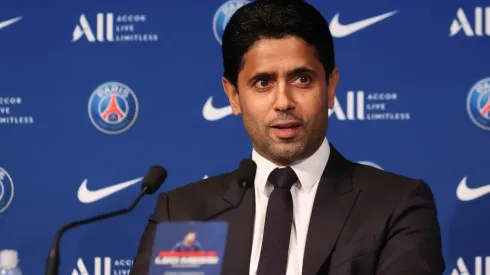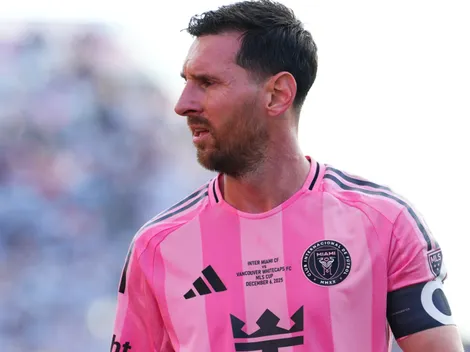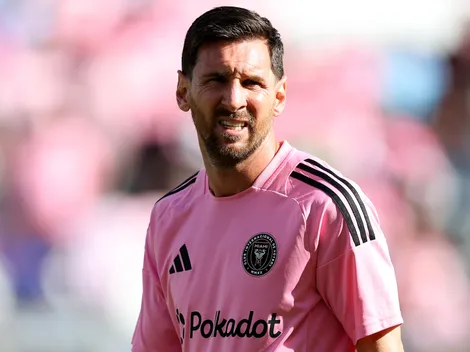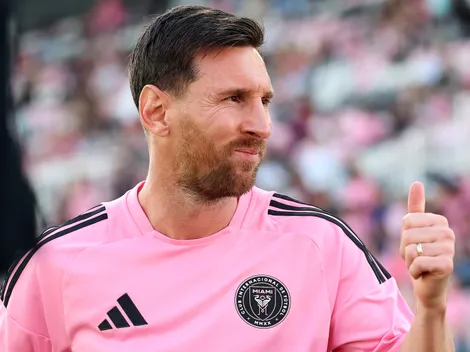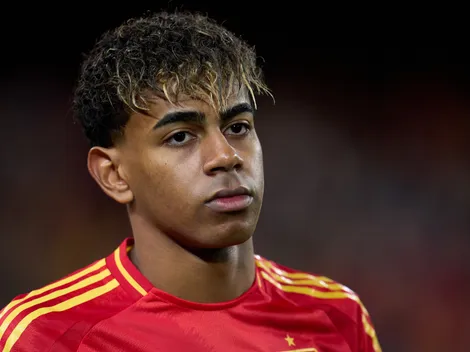After the signing of Lionel Messi, the focus has shifted from the Argentinian to the PSG financial situation. While Barcelona couldn’t sign the six Ballon D’Or winner due to La Liga’s cap regulations and the Financial Fair Play, the Parisians not only signed him but also gave him a generous salary.
But Argentina’s star is not the only player who arrived this summer in the French Capital. Sergio Ramos, Georginio Wijnaldum, Achraf Hakimi and Gianluigi Donnarumma also joined the team for the 21/22 season. However, PSG only paid for Hakimi 60 million euros while the rest were free agents.
These moves have generated questions about how much money PSG has and how it all fits with UEFA’s Financial Fair Play. Here, check out how the Parisian club can afford its star studded team.
How much money does PSG have?
First, since 2011 PSG has been owned by Qatar Sports Investments, a through state-run shareholding organization, which is owned, if isn’t already clear, by the state of Qatar. This has been the object of criticism, especially by human rights associations who accuse the Asian country of doing “sport washing”. However, other clubs as Barcelona and Bayern Munich also have links with the nation.
Qatar Sports Investments (QSI) are led by president Nasser Al-Khelaifi (who also owns beIN Media Group, QSi and DIGITURK). According to AFP, they cover the losses of the club, which are estimated to be 230 million euros last season, due to the pandemic, and 124.9 million euros before taxes in the 2019/20 season.

Lionel Messi signed with PSG (Getty).
However, after the club suffered investigations by UEFA for Financial Fair Play, PSG can’t rely entirely in Qatar. They have formed partnerships with several brands as Nike, for $80 million per year until 2032; ALL Accor Live Limitless, for 65 million euros until 2022 and Air Jordan for 67 million euros until 2022, among others partnerships.
However, their financial situation is tricky. While FFP regulations have softened for this year, according to multiple reports they will have to sell some players to lower their wages budget and not push the limits with UEFA.
